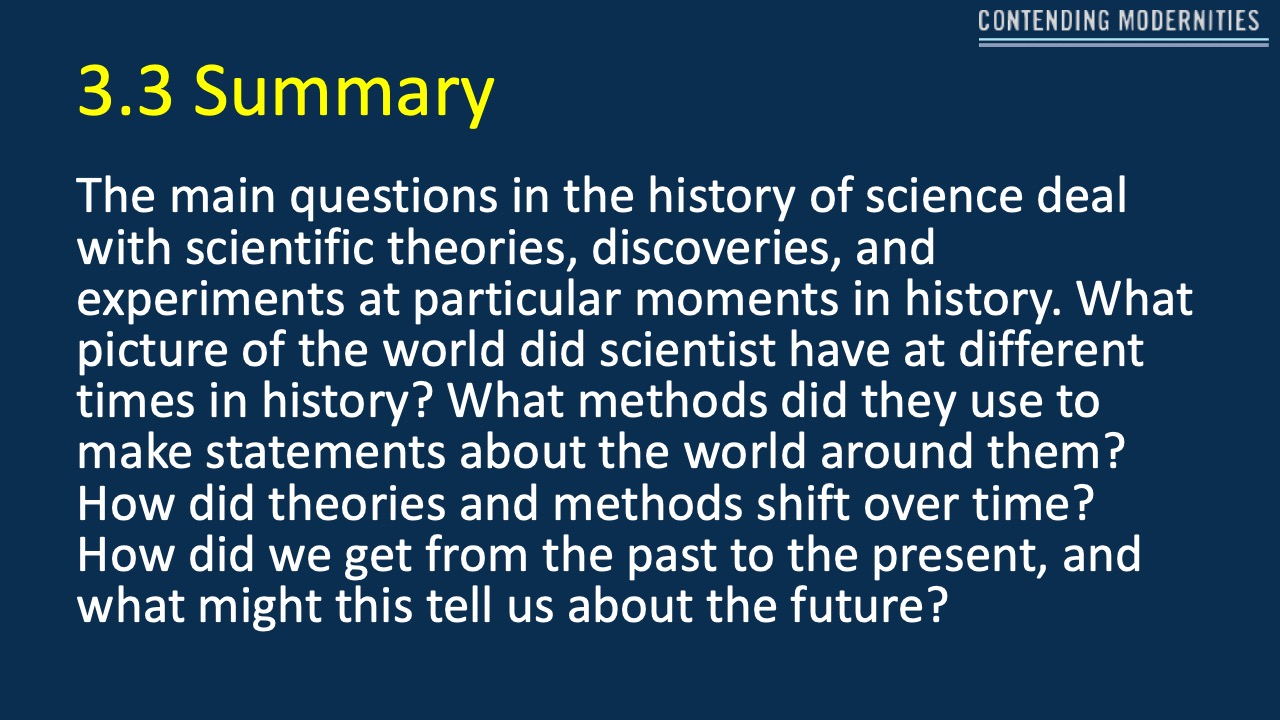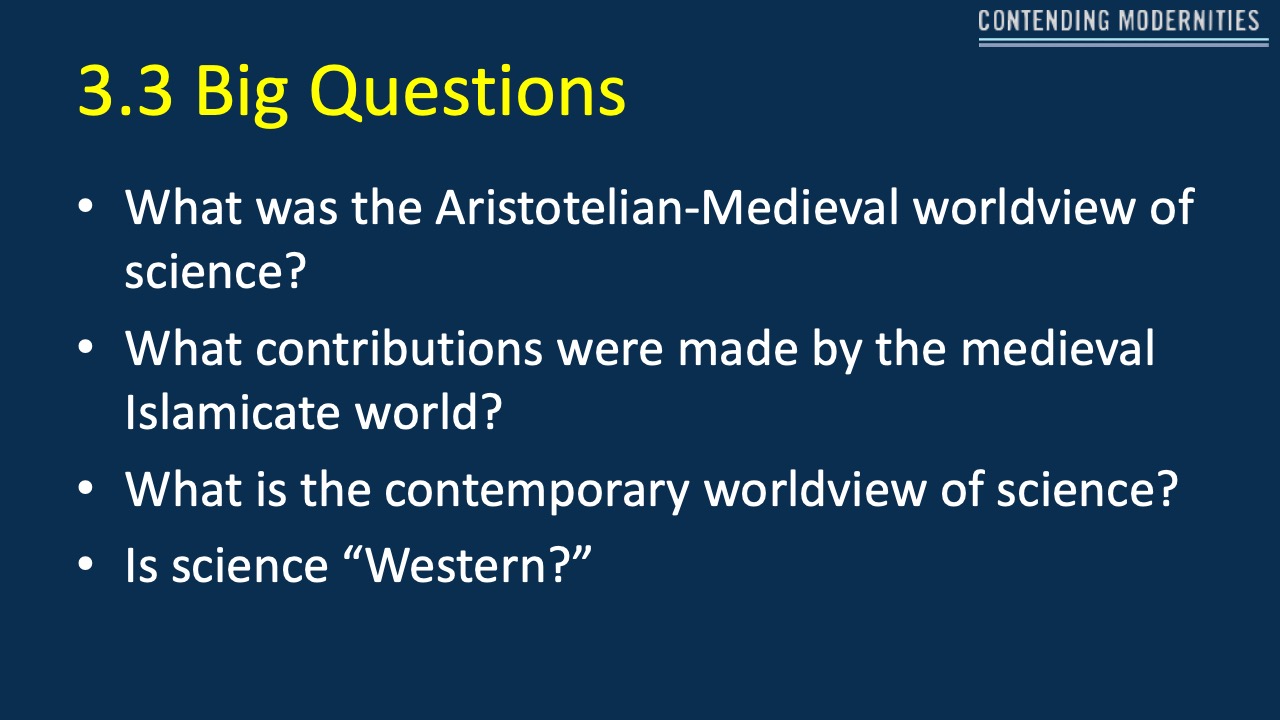Science is not a steady accumulation of linear knowledge, but rather an ever evolving series of observations and discoveries about the universe that develop into theories. After sufficient incongruent data, such as the problems of elliptical planetary motion for geocentric astronomy, old theories are discredited and left behind as a more precise theory rises forth.
What changes in the scientific mosaic have occurred over time? What was the scientific consensus at the time of revelation? Is this reflected in scripture? This section presents the scholarly community’s theories of the natural world at multiple points in history, and invites us to question whether changes in the contemporary scientific consensus affect our reading of theology. This final question will be addressed in more detail in module 4, with a discussion of the “big bang,” evolutionary biology, and climate change.
Key Terms:
- Scientific mosaic
- Scientific Revolution
Thumbnail: Pierre and Marie Curie in their Paris laboratory, before 1907. Wikimedia Commons. Public domain.
Learning Materials:
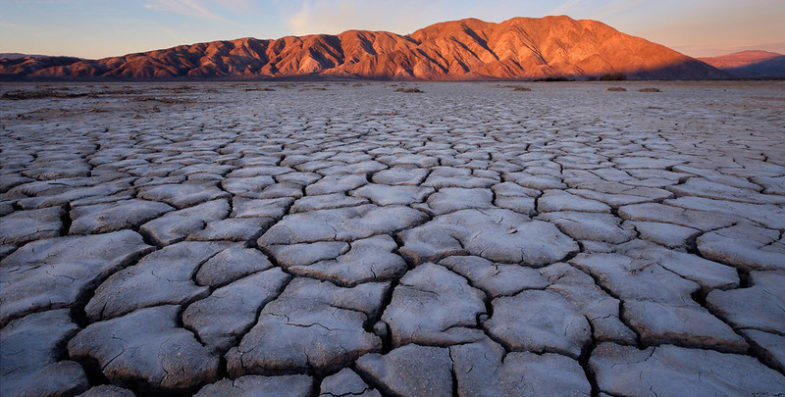
3.3.1 History of Science History
Historians of science help us better understand the current moment. (David Kingham/"Clark Dry Lake")
Read More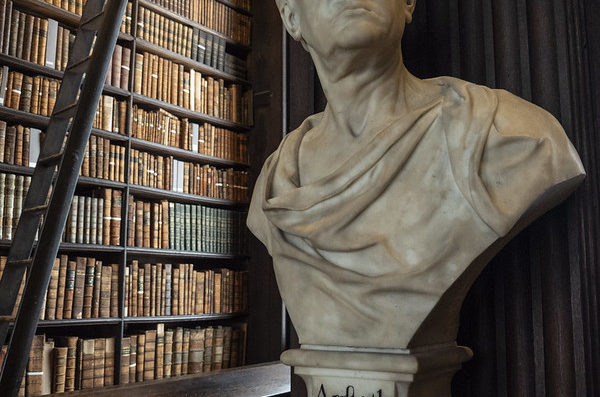
3.3.2: Aristotelian-Medieval Worldview
What were the accepted scientific beliefs during the Aristotelian to medieval period?(Cocoabiscuit/"Aristotle")
Read More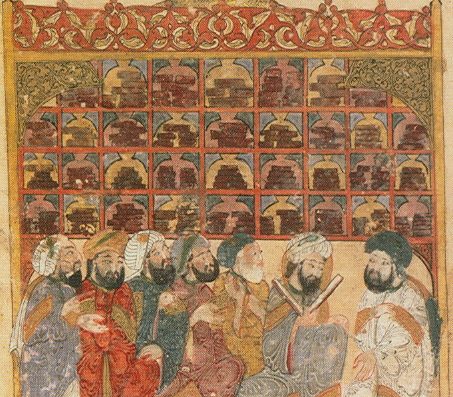
3.3.3: The Medieval Islamicate World
The medieval Islamicate world was a global engine for the development of knowledge-making, advancing mathematics, history, engineering, and astrology, among other disciplines. (Ali al-Hariri al-Basri/"Al-Makamat lil-Hariri")
Read More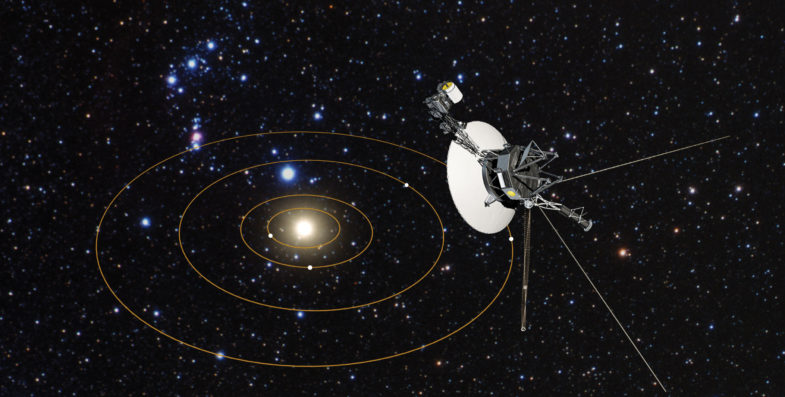
3.3.4: The Scientific Revolution
Was the Scientific Revolution really an unprecedented blossoming of scientific awareness? (NASA et al./"Voyager 1")
Read More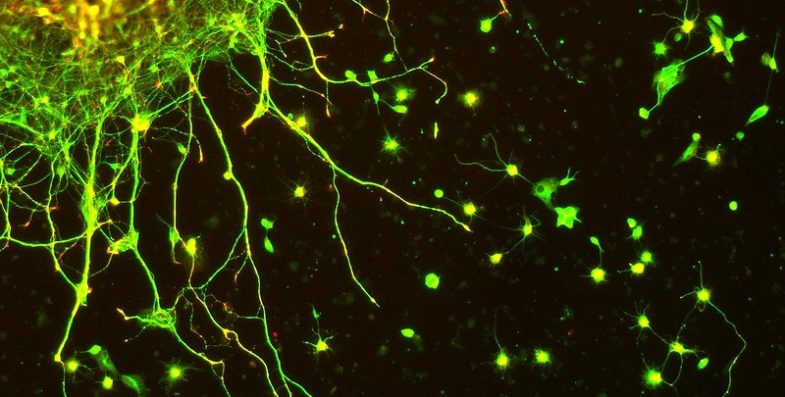
3.3.5: Contemporary Worldview
Our current scientific mosaic is fairly recent, and many questions remain. (Mr. McGill/"Neurons")
Read More


